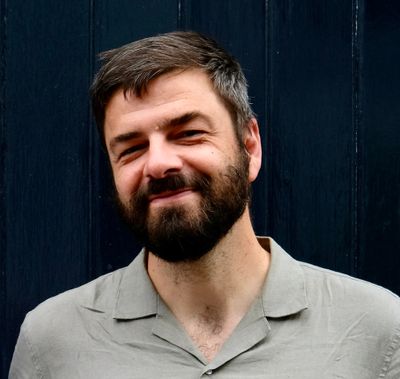For a startup or a small biz in its infancy, every opportunity looks like a pot of gold.
Every opportunity that comes across looks like something you can turn into monetary value or use it to grow your product. It’s really hard to say no to any of them.
It’s your customer suggesting a new feature, it’s a company that would like to do a partnership with you, it’s a bunch of VCs that are courting you to give you a nice sum of money in return for some shares of your company.
Clearly, this new feature must be relevant to other customers and will allow you to get even more customers because you can advertise it. There are tons of reasons why you’d say yes to a new feature.
The partnership must be good for your business because it’ll drive more traffic, it’ll get you more customers, and two businesses benefit from it.
The VCs must be loving you, why else would they be courting you? Their offer is generous, and their demands sound reasonable. It’s hard to say no, in particular because they tend to keep coming back when you do.
Saying no to any of the above seems like such a harsh thing to do.
You’re afraid to lose a customer because you’re saying no to them.
You’re afraid to miss out on a deal that could help grow your business.
You’re afraid of closing the door on future funding, even though you neither want nor need it. The offers are tempting, and VCs are full of nice words for your product.
How can you say no to any of them? How can you say no to a shiny pot of gold? Your gut says it’s okay to say yes.
If you’re a man, it turns out you’ll be a lot more likely to take on risk because they may have strategic value. Getting more customers, making customers happy, and growing your product and company sounds pretty great as strategies.
As a woman, you’re more likely to consider the empathic side of taking a risk (which all of the above involve). You’re more likely to consider the effect a decision has on the people involved.
Note that these differences tend to be more noteable when you’re under stress, a common state in early startups and small businesses. Doug Sundheim has a good summary on this topic.
Every decision you’re making has a strategic effect, but it also affects people. It affects your employees, your co-founders, your spouse, your entire company.
In “Small Giants”, a book on companies that chose to be great instead of big, there were a few examples of this, on both extremes.
One company held off their IPO because it’d mean that suddenly they’d have to answer to shareholders. Another made their decisions amongst a triad of three CEOs that would take days to consider the possible outcomes and effects of a major decision.
Or take Norm Brodsky, who, in the 80s, grew an empire of a bike courier business to big proportions, buying other messenger companies along the way. The last company he bought had much worse numbers than he was originally made aware of. He had to sacrifice his own money, he had to sacrifice his company’s war chest to try and make it work.
In the end, he sacrificed his own company, as it filed for Chapter 11.
Norm wrote a great book called “The Knack”, full of great advice and stories on how he’s running a business, and on how he ran one of his companies into bankruptcy.
When it comes to a business, it’s easy to say yes to say something without taking the time to consider the possible outcomes, putting aside the fact that you can’t know all of them. There’s usually a pressure to do so. VCs want to invest in you, customers want to see this feature they suggested, partnerships need to be signed off yesterday.
There’s another side to the coin when you can’t say no. You’re wasting precious time dwelling on things that in the end may not be relevant to you. Time and attention is your most precious asset, protect it well.
You can start by saying no to things that distract you. It’s okay to not listen to your gut for once and to stop letting outside pressures influence your decisions.
Use the little trick that Norm Brodsky started using after he realized that he’s been taking more risk than he can chew: take a shower and think things through.
Learning to say no might be your biggest asset in finding focus for your product. Start saying it sooner rather than later.
